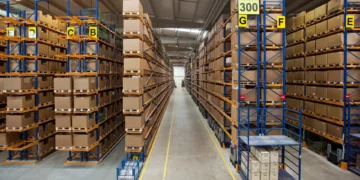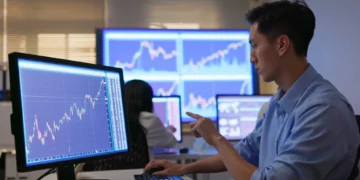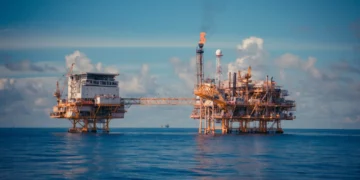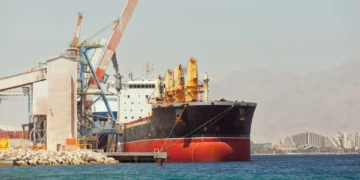On Monday, May 12, the parliament of Iraq approved a surprising record budget of 198.9 trillion Iraqi dinars ($153 billion) for the financial year 2023. It is majorly focused on increasing the growing public wage bill and infrastructure development projects to strengthen the nation, which was devastated by war and other atrocities.
Mahmoud Adelwahed, a journalist, reported that the allocated sum would cater to various goals, such as reforms, public infrastructure, development plans and employment generation. This was one of the largest budgets for the Islamic nation, approved for three years from 2023 to 2025.
Mohsen al-Mandalawi, the First Deputy Speaker of Parliament, issued a statement where he emphasised the reduction of spending and increment of non-oil revenue sources to maximise the government’s revenues in service, agriculture and reconstruction areas.
This budget is formulated by taking an oil price base of $70 per barrel, with 3.5 million barrels per day (bpd) of exports, and combining 400,000 bpd from the semi-autonomous region in Kurdistan.
The budget has fixed the exchange rate of US dollars for its oil revenues at 1,300 Iraqi dinars for each dollar. This is prone to future adjustments but remains valid till the end of 2025. It is all based on the oil price as it is almost solely dependent on oil revenues.
Many analysts suggest that Iraq should have tightened its fiscal policy. Instead, it has opened gates for spending and generated more than half a million jobs in the public sector.
As per the budget documents and government officials, the budget deficit is at a record high of 64.36 trillion Iraqi dinars. The current year’s deficit turned out to be nearly double the last budget deficit in 2021.
Shakhwan Abdullah Ahmed, the Deputy Speaker of the Iraqi Council of Representatives, made a public statement that basic amenities should be ensured, infrastructure must be reconstructed, work and employment generation be prioritised, destructed areas be redeveloped, and displaced people should be carefully managed.
Iraq possesses the world’s most rapidly growing population, estimated to double to 80 million in 2050 from 43 million in 2023. This massive population is worsening the already unemployed, grappling with a state-led economy. The government is regularly countering violent protests over high unemployment and crippled public services.
A visiting fellow at the London School of Economics Middle East Center, Ahmed Tabaqchali, disclosed a figure, which approximates 600,000 new workers, who were added. This would inflate the cost of public wages and retiree pensions to more than $58 billion (76 trillion Iraqi dinar).
He added that if the government continues these kinds of spending, it will make itself prone to vulnerability. Because to continue such public spending, oil prices need to keep increasing. This will further lead to a larger deficit and increased borrowing.
On May 31, the International Monetary Fund issued a notice saying that an increased public wage bill would increase deficits and worsen the financial condition, with the exception of an increase in oil prices.
IMF added that a stricter fiscal policy is required to build sustainability and reduce dependency on crude revenues, besides ensuring important public spending. To reduce or break even the deficit, Iraq requires oil to go beyond $96 barrels per day, but the May average price tends to be $71.3 barrels per day.
Unhealthy relations between Iraq and Kurdistan
This budget talks of taking appropriate measures to resolve the deep-rooted conflict between Iraq and the Kurdish region, as their oil revenues are deposited in a bank account taken care of by the central bank of Iraq.
Earlier, Iraq had no interference in the Kurdish oil region and their oil revenue. The Kurds were mutually exporting crude through Turkey despite the disapproval of Iraq. Kurdish officials were later forced to sit on the negotiations table when an international arbitration ruled oil supply through Turkey as unlawful that halted the exports.
In April, Baghdad and Erbil signed an agreement that the Iraqi state-run marketing company SOMO would be liable to market and export the crude oil produced from the controlled fields in the Kurdish region.

















